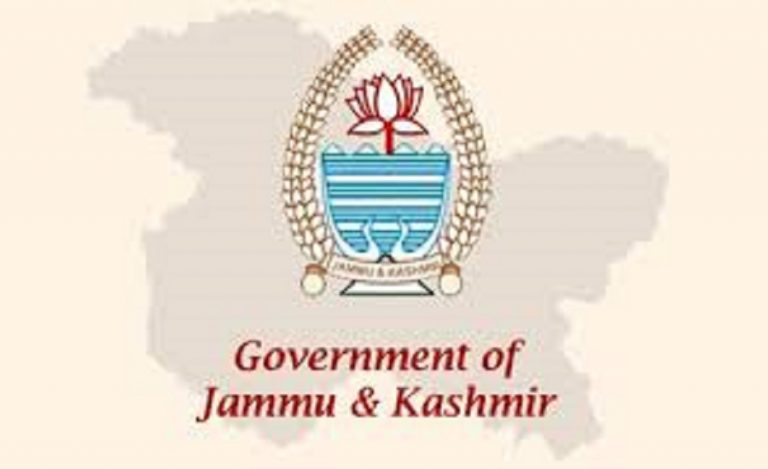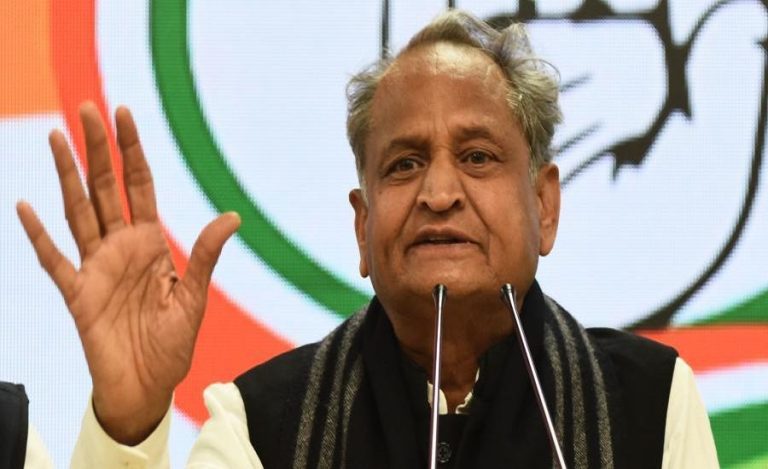The Indian government has recently approved the establishment of the 8th Pay Commission, aimed at revising the salary structure for over one crore central government employees and pensioners. Scheduled to take effect from January 1, 2026, the proposed changes include a significant increase in the fitment factor, which determines the revised pay scales. While the previous 7th Pay Commission used a factor of 2.57, the 8th Pay Commission is proposing an enhancement to 2.86, potentially leading to substantial increases in take-home pay across all levels.
Key proposals also include raising the minimum basic pay from Rs 18,000 to Rs 51,480 and increasing the minimum pension from Rs 9,000 to Rs 25,740, pending final approval by the commission. These adjustments are based on projections with the 2.86 fitment factor, with the commission expected to submit its comprehensive report by mid-2025.
Additionally, allowances such as House Rent Allowance (HRA) and Travel Allowance (TA) will be recalculated, varying based on employees’ city of posting and job-related travel needs. This could lead to varying gross pay among employees in different cities or departments, with those in metropolitan areas likely to receive higher HRA benefits.
The revisions will also impact contributions to schemes like the National Pension System (NPS) and the Central Government Health Scheme (CGHS). Employees’ contributions to NPS, currently at 10% of basic pay and dearness allowance (DA), along with the government’s matching 14%, will adjust accordingly with the new pay structures. Similarly, CGHS subscription amounts will be revised to align with updated salary levels.
Estimated salary figures across different grades illustrate potential changes, but these are subject to the commission’s final recommendations and subsequent Cabinet approval. The government aims to expedite the commission’s proposals ahead of the 2026 Union Budget and the upcoming general elections, highlighting its strategic importance as a policy move with broad public implications.
While the salary hike is seen as necessary by many, retired bureaucrats and financial experts emphasize the importance of fiscal prudence, cautioning against potential impacts on the fiscal deficit. The commission is expected to finalize its report by late 2025, followed by detailed scrutiny and official notification by the Cabinet.





























